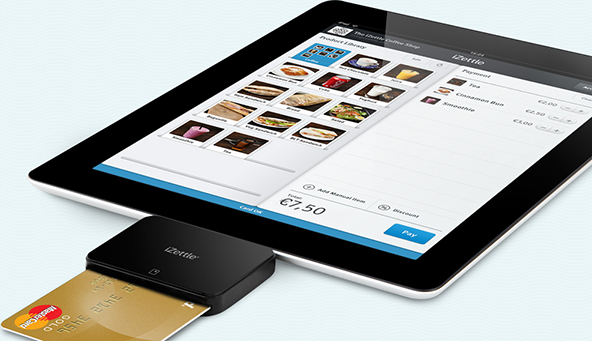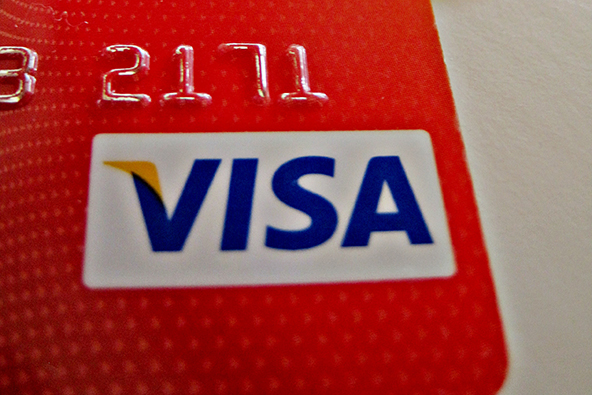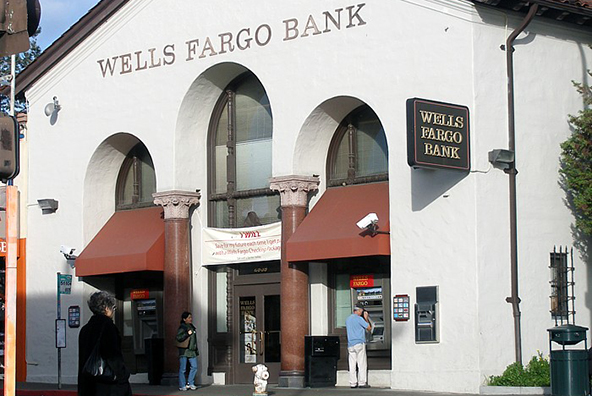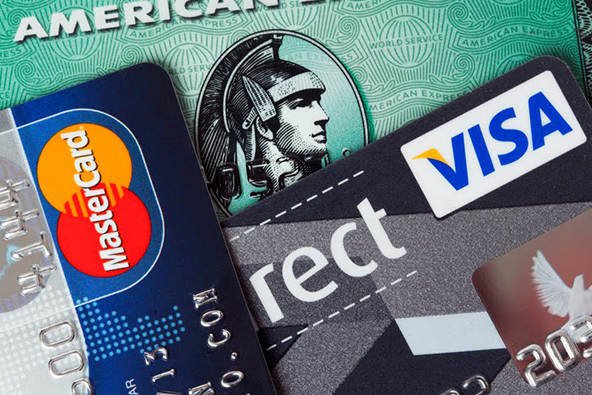What’s Wrong with Visa?

Visa is hogging the news headlines this morning, and for all the wrong reasons. Most of the media attention is focused, understandably, on a crash of the card payment system at Wembley Stadium, which prevented football fans from using their Visa cards to pay for food and drink during a match. Now, technical glitches do happen, but in this case Visa deserves all the criticism it gets, and then some. If, when preparing for the games, the world’s biggest card network had been spending its time making sure that its payment system works, rather than razing ATMs at the Olympic venues to prevent people from using rivals’ cards, the issue might have been identified and fixed before the start of the games.
But I will resist the temptation to keep on beating up on Visa for its Olympic gaffes, at least for the time being, partly because many others have been doing a pretty good job at it, but also because the other issue that has propelled Visa into the headlines is both a more disturbing and a less well publicized one. It turns out that the European arm of the payment network has banned iZettle, a Sweden-based Square-lookalike, from processing Visa cards in three European countries, but not in others. Information is scarce, as it usually is in such cases, but here is what we do know.
Visa Bans iZettle from Denmark, Finland and Norway
Here is what Jacob de Geer, iZettle’s CEO, is telling us in a blog post:
We are sorry to report that based on a policy decision by Visa Europe, we have no choice but to stop processing Visa card payments in Denmark, Finland and Norway on August 1.
Please know that we will continue to accept MasterCard in addition to American Express cards in Finland, and Diners Club cards in Denmark and Norway, so for now those are the cards you’ll need to ask your customers to pay with. We hope we can bring Visa card acceptance back to Denmark, Finland and Norway shortly and will of course keep you posted on the development.
That’s all. No reason is given for the ban and I don’t think that I would be going too far out on a limb if I suggested that the secrecy is enforced by Visa. So what’s going on?
Why Finland and not Sweden?
The short answer is “we don’t know”. However, something tells me that when the reason Visa made this decision does become known to us (and it will), it will make the card network look even worse than it does now, at the height of its Olympic fiasco.
There are several possible candidates to explain Visa’s decision, including:
- Security issues with iZettle’s service.
- New policy against merchant account aggregators.
- Excessively high chargeback ratios.
- Unacceptably high refund-to-sales-transaction ratios.
I’m sure that this list can be extended to include other items and possibly many of you have already done so, but these were the only plausible possibilities that came to my mind. My first thought was that Visa had tightened up its security requirements and iZettle’s system had been found wanting. But if that were the case, why not ban the start-up from operating in the whole of Europe, not just in these three countries? The same objection can be applied to the possibility concerning new policies for account aggregators, but not my third and fourth hypotheses. It is conceivable that Visa would have found the chargeback and refund ratios to be above the acceptable norms in three Scandinavian countries and so to have made the decision to place a ban on iZettle operating in these specific markets, but not elsewhere. Yet, I find this very, very hard to believe. For one, if that were the case, and for Sweden to be left off this black list, its chargeback and refund ratios must have been not just lower, but much lower, than its neighbors’ and that just isn’t likely. Moreover, if the Visa ratios were unacceptably high, how likely it is that MasterCard’s weren’t?
The Takeaway
So I’m left at a total loss as to what to make of Visa’s decision and my informed guess is that, whatever the explanation turns out to be, it would make no more sense than my own four hypotheses. And you have to feel for the iZettle guys. The company has become a rare start-up success in a continent that seems determined to discourage ambitious entrepreneurs, but just as they’ve managed to gather some momentum, the big gorilla of our industry has decided to step in and put a spoke in iZettle’s wheel. As de Geer tells The Next Web:
The payments industry is extremely conservative and it takes time to change. Things don’t always happen overnight and innovation is a bumpy road.
That’s putting it very mildly, but then he has to behave. We may have given iZettle some hard time before, but we always liked the company and stand firmly behind them in the current dispute. I hope that the issue is quickly resolved so that iZettle customers across Europe can freely accept Visa cards.
Image credit: iZettle.



The question that needs to be asked and answered is whose toes did iZettle step on?
The toes iZettle stepped on are Visa’s by way of the $31.4M investment MasterCard (Greylock and others) in June this year made into it. That, along with Visa’s strategic investment (‘single-digit millions’) in competitor Square in June 2011, should explain Visa’s motivation.
Incidentally, iZettle’s home playing field, Europe, is the first stop for Square’s plans for international expansion…
Lastly, it can’t be due to security issues – Square is not even DSS PCI compliant (iZettle is) and Visa still enables Square!